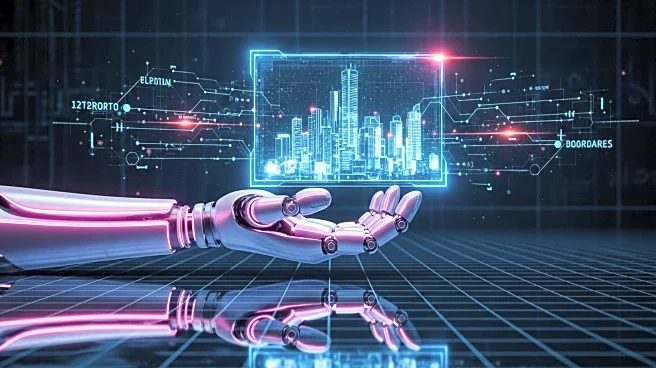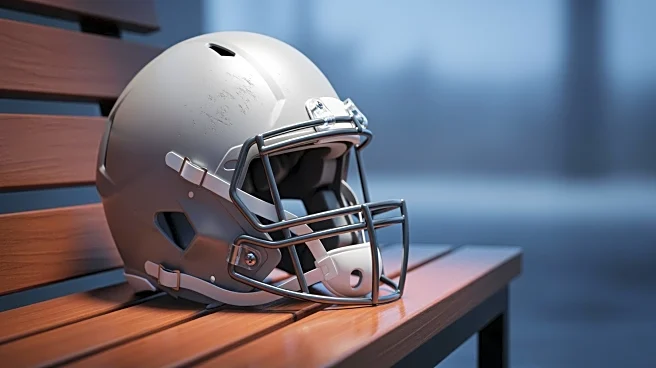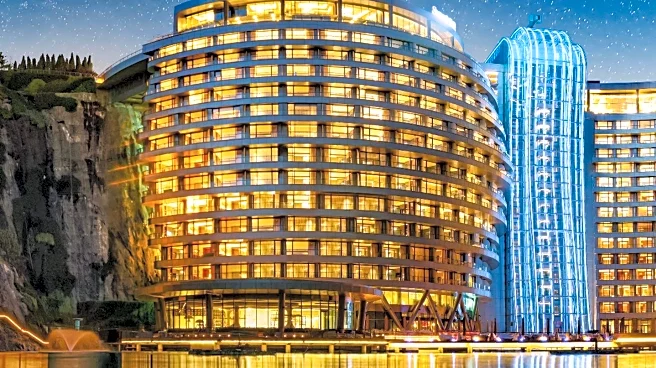What is the story about?
What's Happening?
The lawsuit involving Tesla, Warner Bros., and Alcon Entertainment over AI-generated images from Blade Runner 2049 has reached a new phase. Alcon Entertainment alleges that Tesla used AI to generate promotional materials resembling stills from the film for a 2024 event. The court has dismissed claims against Warner Bros. Discovery, including accusations of responsibility for Tesla's use of the images and a duty to prevent infringement. However, Warner Bros. Discovery still faces a claim for contributory infringement. The case is part of a broader trend in Hollywood, where studios are increasingly concerned about AI's potential to infringe on intellectual property rights.
Why It's Important?
The lawsuit is significant as it addresses the intersection of AI technology and copyright law, a growing concern in the entertainment industry. The outcome could influence how AI-generated content is regulated and protected, affecting studios, tech companies, and creators. As AI becomes more prevalent, the industry may need to adapt its legal frameworks to address new challenges in intellectual property protection. The case also highlights the need for studios to safeguard their content against unauthorized use, which could impact their revenue and creative control.
What's Next?
Alcon Entertainment has another chance to amend its claims for direct and vicarious copyright infringement. The court's decision will be pivotal in determining the liability of Warner Bros. Discovery and Tesla. As the industry navigates the complexities of AI and intellectual property, stakeholders may advocate for clearer regulations and guidelines. The case could lead to changes in how studios manage collaborations with tech companies and protect their content from AI-driven infringement.















